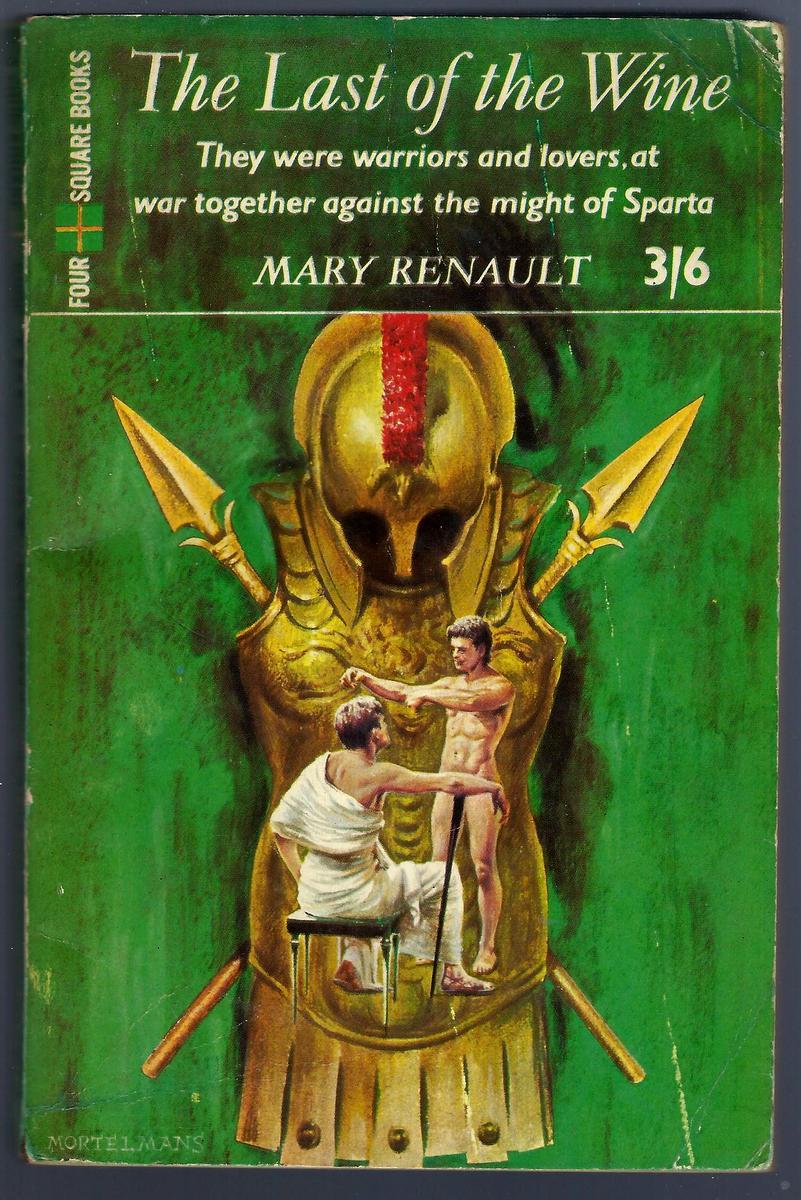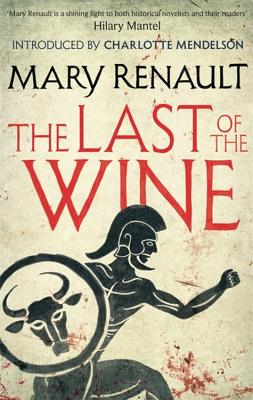

(I've since bought other copies.) I was playing at the Berlin Musical Pageant at the time but the book had such an impact on me that the following year I composed an orchestral suite based on it. And the edition I was reading was a yellow covered one. I remember exactly when and where I was when I first picked up this book - RAF Gatow junior ranks mess, 1983. Undoubtedly, the fact he is so 'invisible.' He has the ability to give each character their own voice without putting himself between reader and character.ĭid you have an emotional reaction to this book? Did it make you laugh or cry? What does Barnaby Edwards bring to the story that you wouldn’t experience if you had only read the book? And as a bonus, all those terms you're never sure how to pronounce are rendered for you. For someone who had never visited Greece (so I believe), Renault does an amazing job taking the reader there. Indeed, despite my numerous readings, the book still has the power to move me. Her imagery is powerful enough to engage all your senses so you can feel the morning air and smell the baking bread. I find many parts of the novel evocative, one example being the opening. What was one of the most memorable moments of The Last of the Wine? The novel certainly brings to life this amazing period and helps colour the fragmentary texts time has left us.

While Renault uses artistic license the actual bits of history taken from primary texts remain untampered (at least to my basic understanding). Since subsequently studying the period in some depth the novel's greatest use is that it fleshes-out the various important events and characters and helps establish a mental map of the period. This book sparked my interest in Classical Greek history. What did you like most about The Last of the Wine?


 0 kommentar(er)
0 kommentar(er)
